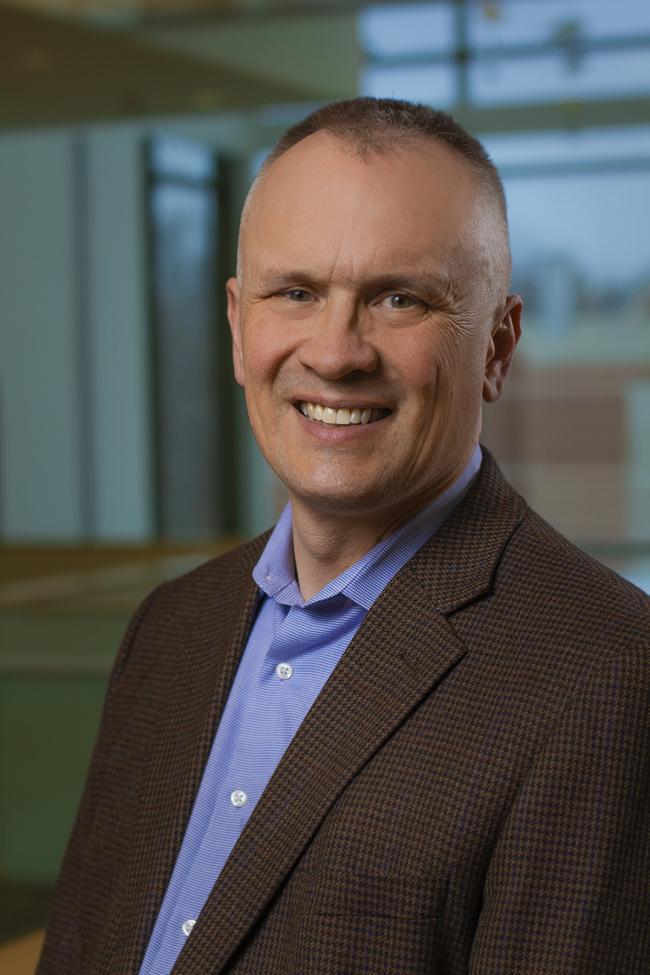Augustana recently named Jonathan Enslin as vice president for college advancement, and he will be coming to Augustana on Jan. 1.
Kent Barnds previously held this position and is now Augustana’s executive vice president for strategy and innovation. Barnds will serve as vice president for college advancement until Enslin’s arrival. Enslin will oversee the larger fundraising goals of Augustana, such as scholarships to help with school affordability.
“I decided I wanted to come back to private higher education,” Enslin said. “I like the smaller community feel of these organizations.”
Enslin compared the opportunity he sees in working at Augustana with his previous experience working at the University of Wisconsin-Whitewater.
“It was really a wonderful experience,” Enslin said. “It started as a pretty small team and grew into a much larger one and their fundraising got a lot more sophisticated and so did their alumni relations.”
In his 22 years at Whitewater, the college endowment increased from around $2 million to around $30 million. Similarly, at St. Norbert, where he worked before Whitewater, Enslin saw their endowment double. A college’s endowment refers to the amount of money the school has invested and can use towards projects.
Enslin’s role at Augustana includes determining the school’s fundraising priorities, as well as being a member of the president’s cabinet, which meets regularly with President Andrea Talentino.
Enslin said he was impressed by the school’s recent reception of a 40 million dollar donation from Murray Gerber, which started the Augustana Possible scholarship.
“What’s really important is that what you’re raising money for has to be consistent with the strategy of the school,” Enslin said.
According to a news briefing from the college, just under a quarter of this year’s First-Year class received an Augustana Possible grant, which significantly reduced the cost of college for students with financial need.
Kelly Noack, director of alumni relations, works for college advancement and holds meetings with various Augustana alumni. Recently, there was an alumni meeting in Washington, D.C. as well as a women’s weekend meeting in the summer.
“[Alumni] events might be cultural, educational or sometimes they’re just purely social,” Noack said.
Noack’s position involves growing the connections that alumni have with the school, while Enslin’s position concerns the actual fundraising.
Augustana doesn’t just value the funding that comes from donors, the school also values the strong relationships that form between alumni of Augustana. Noack said the Viking Connections program, which alumni can sign up for, allows current students to reach out to alumni in the same location or career area as them.
According to Noack, many alumni feel that attending Augustana was a transformative period in their lives and that this is a reason for their continued connection with the school.
“Even decades later, alumni will recall the faculty that really made a huge difference in their lives,” Noack said.









































































































